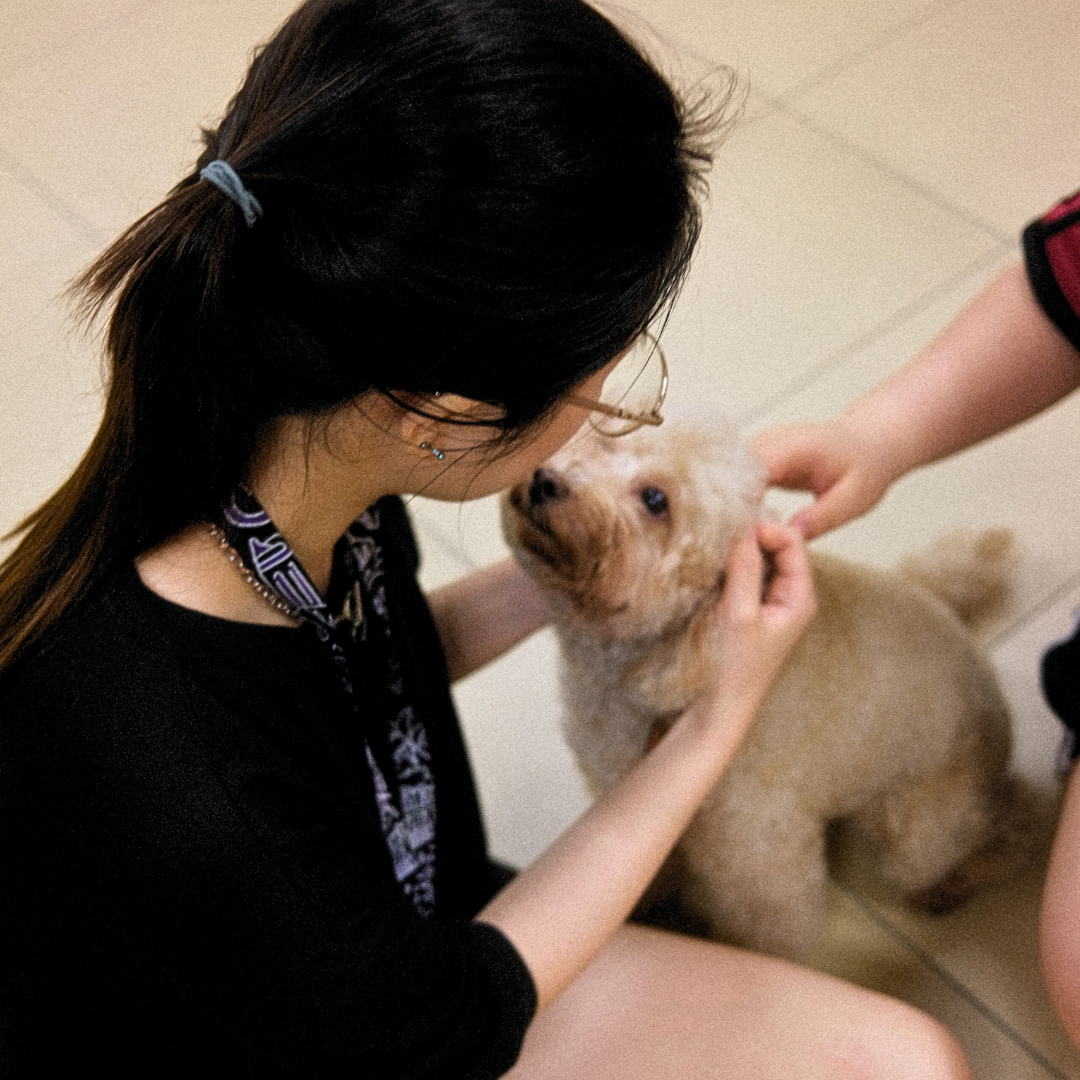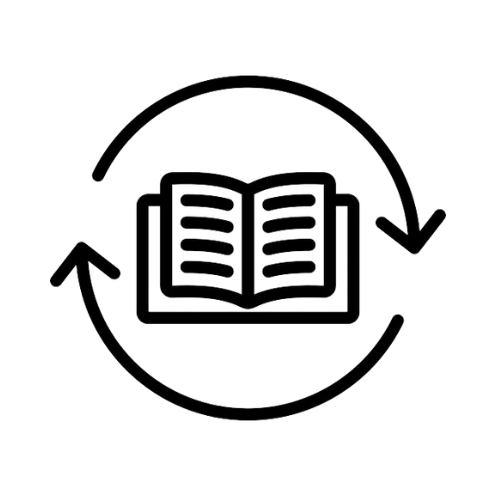Human-Animal Bond
Welcome to the blog of CHAC.

Introduction
The human-animal bond is a remarkable connection that exists between humans and animals, transcending language and cultural barriers. This unique bond has been recognized for its profound impact on our well-being and is increasingly being leveraged in therapeutic settings to enhance mental health outcomes. In this blog article, we will delve into the concept of the human-animal bond, its mechanisms, the research supporting its therapeutic benefits, and its application in therapy.
What is Human Animal Bond?
The human-animal bond refers to the mutually beneficial and dynamic relationship between humans and animals. It encompasses emotional, psychological, and physical connections that develop through companionship, interaction, and care. This bond has deep roots in our history, as animals have long served as sources of support, comfort, and companionship for humans.
How Does the Human-Animal Bond Work?
The human-animal bond operates through various mechanisms that contribute to its positive effects on our well-being. First and foremost, animals offer unconditional love and non-judgmental companionship, providing a sense of comfort and emotional support. Interacting with animals can evoke positive emotions, leading to increased happiness and reduced stress levels. Animals also facilitate social connections, acting as bridges for human-to-human interactions and fostering a sense of belonging and community.
Therapy
In therapy settings, the human-animal bond is harnessed through animal-assisted therapy (AAT).
AAT involves the incorporation of animals, such as dogs, cats, horses, or even smaller animals like guinea pigs, into the therapeutic process.
These animals are specially trained to provide comfort, support, and stimulation during therapy sessions.
Through AAT, therapists leverage the human-animal bond to create a safe and nurturing environment for clients.
Interactions with animals can promote emotional expression, reduce anxiety, and foster a sense of trust between the therapist and the client.
Animals can serve as non-judgmental listeners, allowing individuals to explore their thoughts and feelings in a supportive space.
The human-animal bond is a remarkable phenomenon that has the power to positively impact our mental and emotional well-being.
From offering emotional support and stress reduction to enhancing social skills and cultivating empathy, the bond between humans and animals is a valuable resource in therapy.
As our understanding of this bond continues to grow, it opens new avenues for incorporating animals into therapeutic practices, helping individuals on their journey towards improved mental health and well-being.
Therapeutic Benefits
Numerous scientific studies have explored the therapeutic benefits of the human-animal bond in various contexts, including mental health therapy.
Emotional Support:
Animal-assisted therapy has been shown to reduce symptoms of anxiety, depression, and loneliness.
The presence of animals can offer a source of comfort, providing individuals with a safe space to express their emotions and seek solace.
Stress Reduction:
Interacting with animals has been found to decrease stress levels and promote relaxation. Petting an animal, for example, can trigger the release of oxytocin, a hormone associated with feelings of calmness and well-being.
Enhanced Social Skills:
Animals can act as social catalysts, facilitating social interactions and improving communication skills, particularly in individuals with autism spectrum disorder or social anxiety. The presence of an animal can create a shared focus and reduce social barriers.
Increased Empathy and Compassion:
Engaging with animals has been linked to the development of empathy and compassion, as individuals learn to care for and understand the needs of another living being. This can have a positive ripple effect, leading to greater empathy towards other humans and a desire to make a difference in the world.
Other Articles
-
 AAT, AAA, and AAE differences
AAT, AAA, and AAE differences
Learn More -
 Benefits of AAI
Benefits of AAI
Learn More -
 Some Terminology
Some Terminology
Learn More